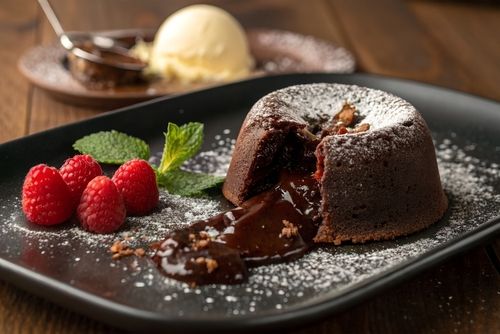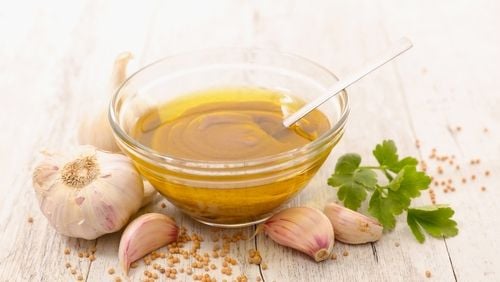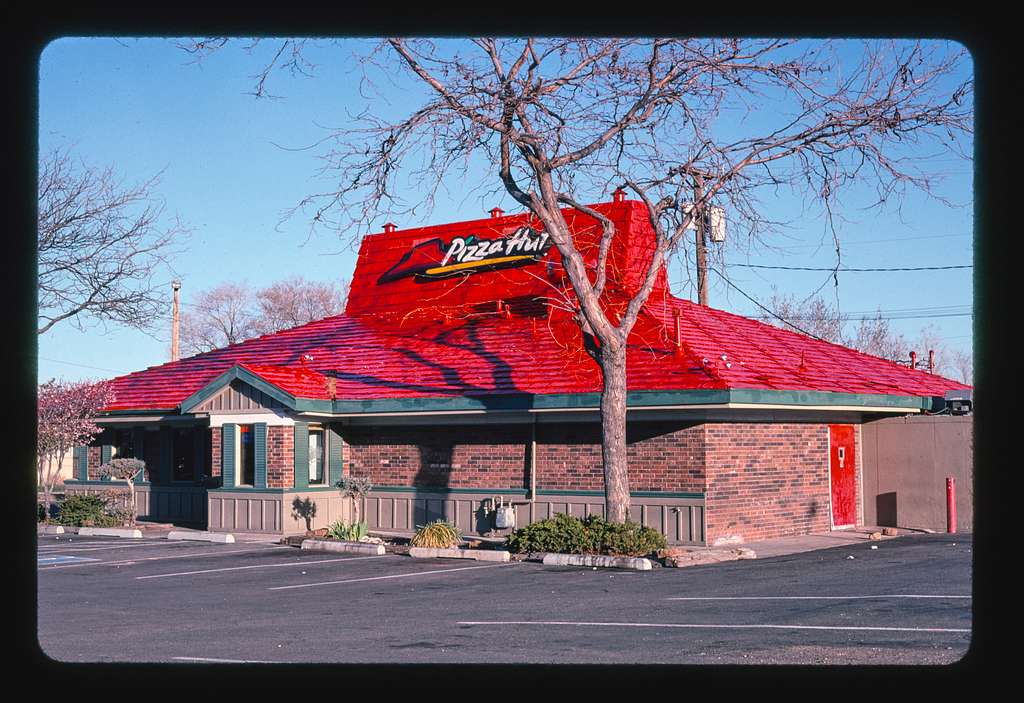
The Battle of the Beans: Arabica vs Robusta
- May 20, 2025
To most of us, the complexity of the coffee brewing in our morning cup isn't given a second thought, but the reality is more complex than imagined. Out of 120 different coffee plant varieties, only two are harvested for their beans - arabica and robusta. These two have stark differences in terms of where they flourish, their taste characteristics and caffeine content.
Arabica beans have ruled the roost for many years, accounting for more than 80 percent of the globally consumed coffee. However, as more coffee experts enlighten coffee lovers about the robusta variety, the sector is witnessing a shift in market share. Roasters have begun selling bags of single-origin robusta coffee, closing the gap between the two.
Arabica hails from the coffea arabica plant and is sought-after for its nuanced flavors. Philadelphia-based roaster and co-owner of Caphe Roasters, Thu Pham illustrates the complexity of arabica, with a taste spectrum that ranges from chocolatey to citrusy notes. However, its classic profile leans towards a more acidic, sweet and fruity taste.
At one point, arabica coffee was the benchmark for specialty coffee, leading to brands promoting themselves as "100% arabica". This marketing activity gave it an edge over robusta, resulting in it constituting approximately 60% of coffee consumption in the U.S. Arabica's growing conditions contribute to its premium perception and higher price point. This coffee plant thrives in subtropical climates, high elevations, and a bit of shade, making it a challenging crop.

Step into the world of robusta, known for its bold flavor likened to dark chocolate with bitter, nutty notes and subtle sweetness. It packs less fat and sugar than arabica, and delivers about twice the caffeine level. Originating from the coffea canephora plant, robusta grows well in diverse climates and lower altitudes.
Countries such as Indonesia and Uganda produce robusta beans, with Vietnam leading as the world's largest robusta producer. Historically, robusta had an unfair inferior status due to its quicker reproduction and virtually indestructible nature. But, the tide is turning with farms and roasters working to improve the perception of robusta coffee.
Kim Dam, owner of Portland Ca Phe, expressed her surprise at Vietnam's prowess in coffee production and the under-representation of robusta beans in specialty coffee shops. Helen Le, an author and recipe developer based in Da Nang, Vietnam, further supported robusta's cause, citing its popularity due to its compatibility with traditional Vietnamese coffee.
Robusta may not often be in the spotlight worldwide, but in Vietnam, it’s cherished for the unique qualities it offers - strength, character, and a link to heritage.






